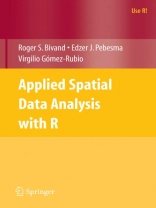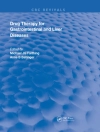We began writing this book in parallel with developing software for handling and analysing spatial data with R (R Development Core Team, 2008). – though the book is now complete, software development will continue, in the R community fashion, of rich and satisfying interaction with users around the world, of rapid releases to resolve problems, and of the usual joys and frust- tions of getting things done. There is little doubt that without pressure from users, the development of R would not have reached its present scale, and the same applies to analysing spatial data analysis with R. It would, however, not be su?cient to describe the development of the R project mainly in terms of narrowly de?ned utility. In addition to being a communityprojectconcernedwiththedevelopmentofworld-classdataana- sis software implementations, it promotes speci?c choices with regard to how data analysis is carried out.R is open source not only because open source software development, including the dynamics of broad and inclusive user and developer communities, is arguably an attractive and successful development model.
İçerik tablosu
Handling Spatial Data in R.- Hello World: Introducing Spatial Data.- Classes for Spatial Data in R.- Visualising Spatial Data.- Spatial Data Import and Export.- Further Methods for Handling Spatial Data.- Customising Spatial Data Classes and Methods.- Analysing Spatial Data.- Spatial Point Pattern Analysis.- Interpolation and Geostatistics.- Areal Data and Spatial Autocorrelation.- Modelling Areal Data.- Disease Mapping.












